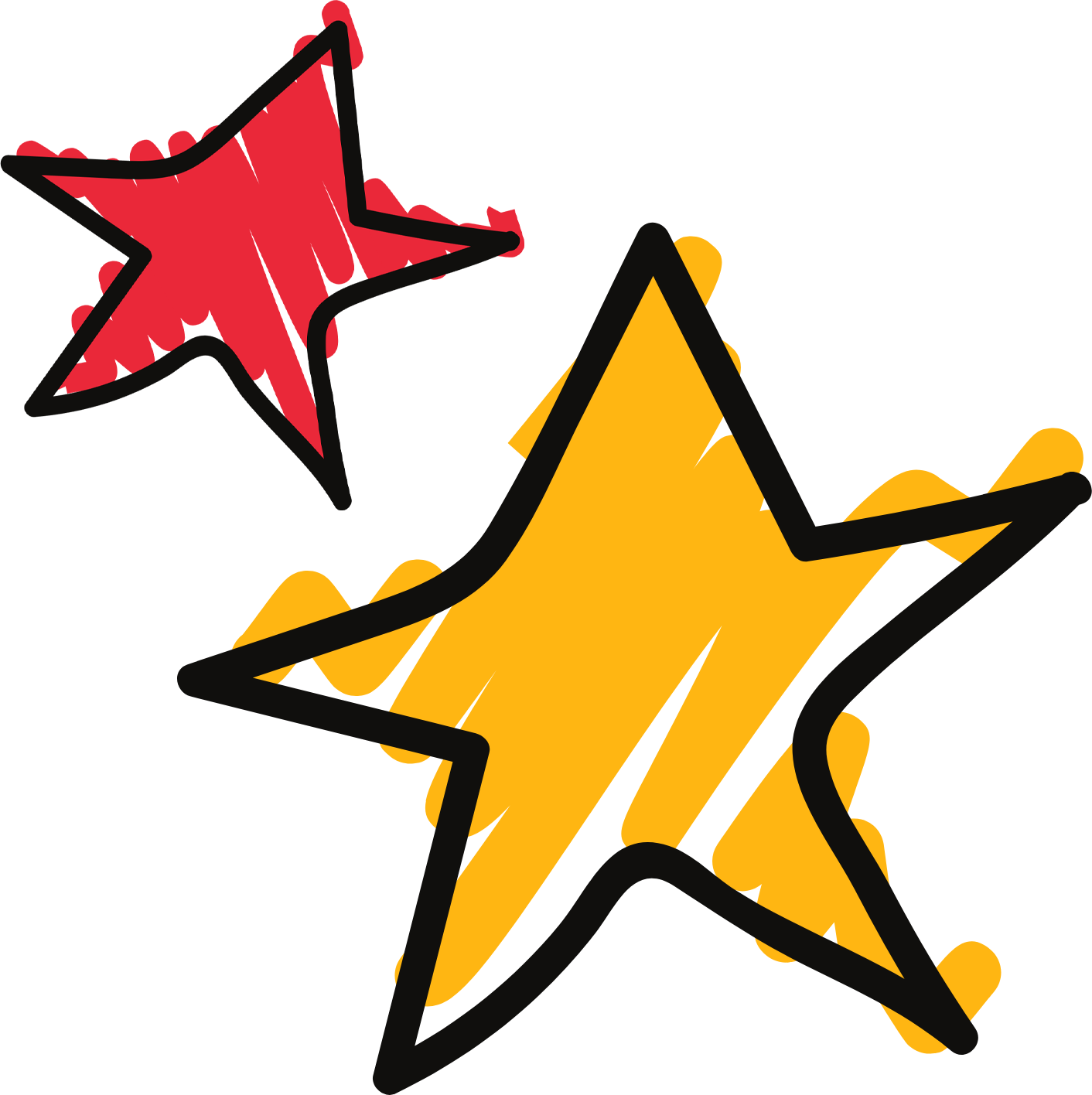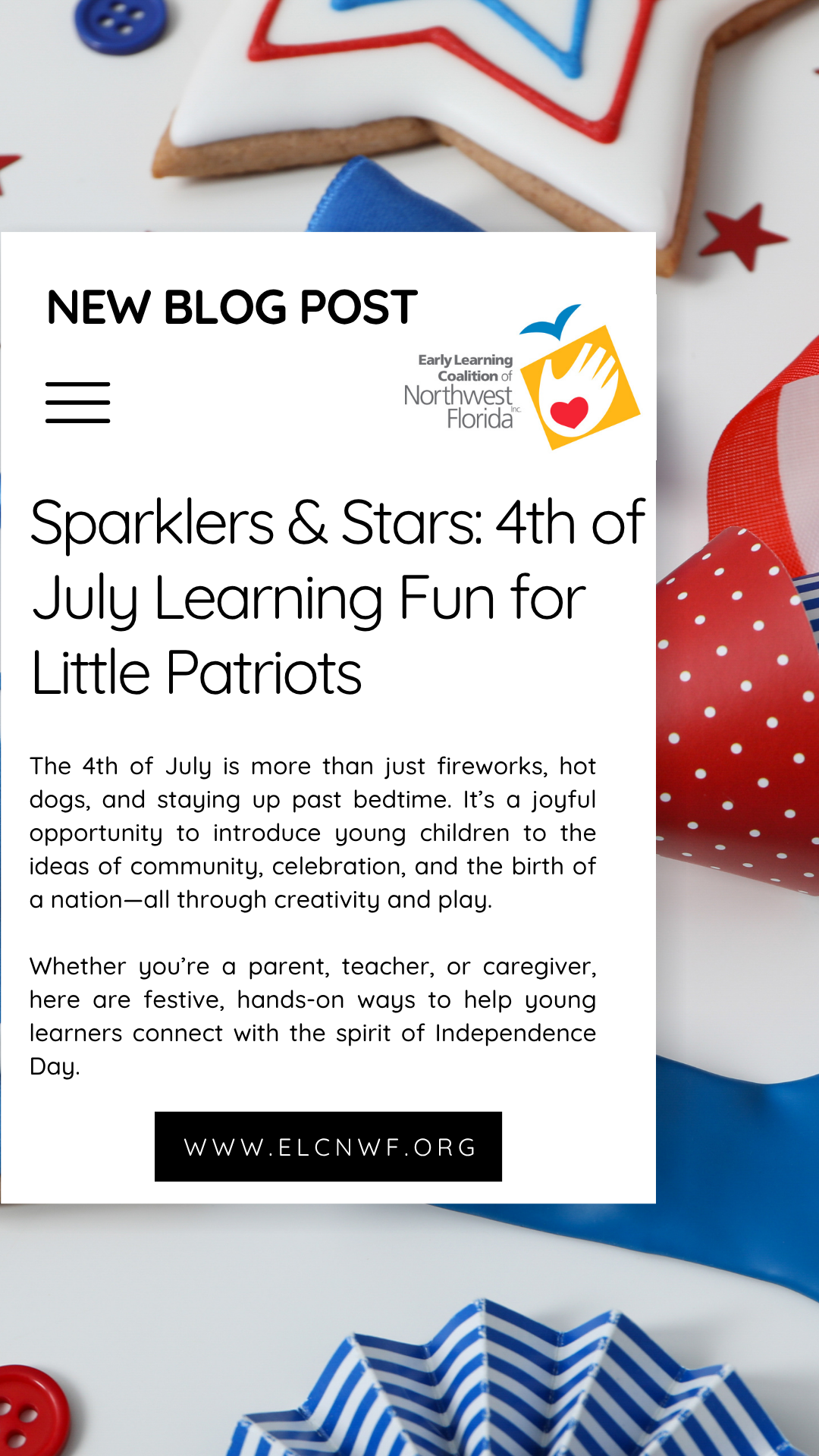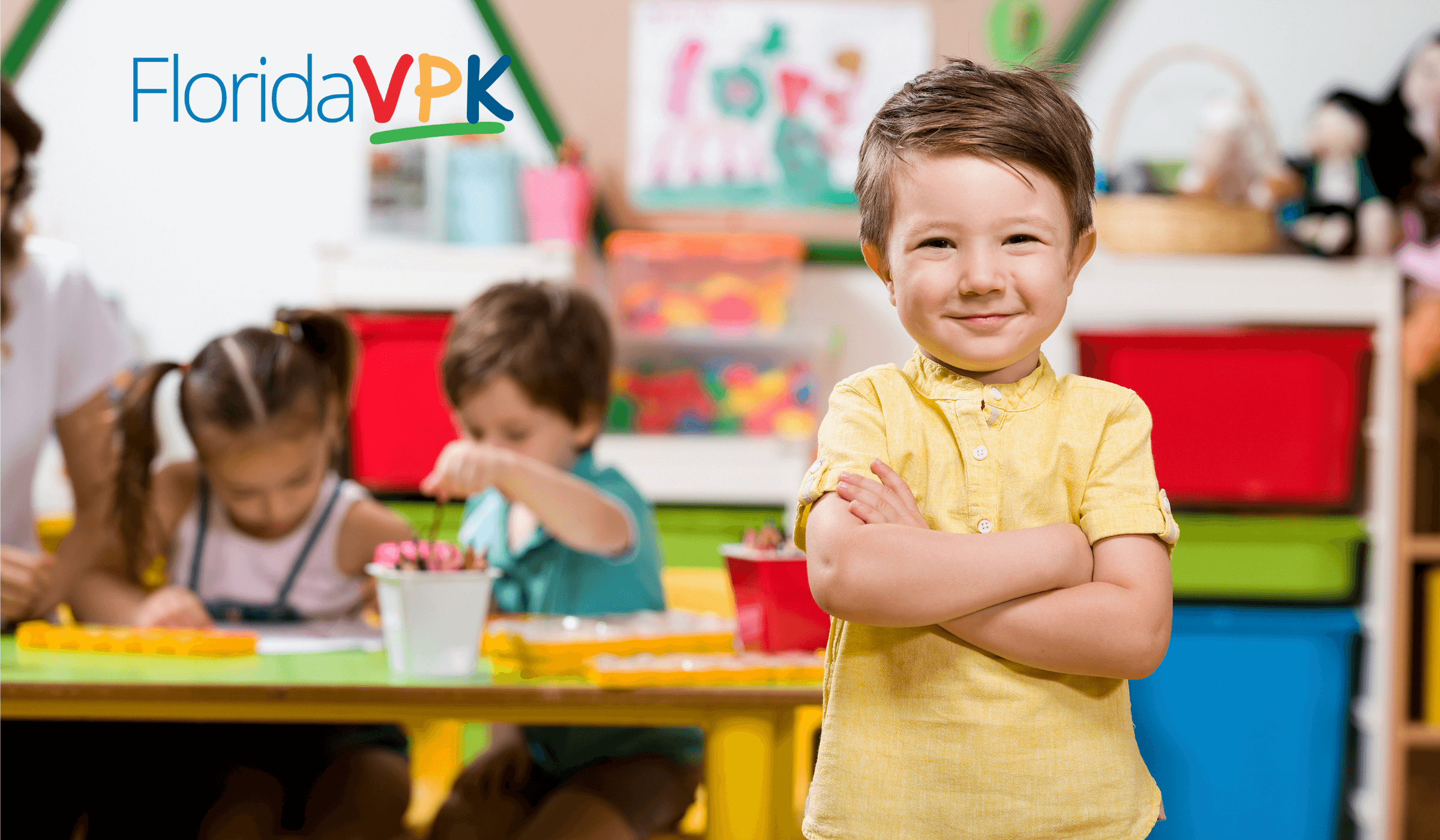Sparklers & Stars: 4th of July Learning Fun for Little Patriots
ELCee knows the 4th of July is more than just fireworks, hot dogs, and staying up past bedtime. It’s a joyful opportunity to introduce young children to the ideas of community, celebration, and the birth of a nation—all through creativity and play.
Whether you’re a parent, teacher, or caregiver, here are festive, hands-on ways to help young learners connect with the spirit of Independence Day.
Red, White & Blue Crafts to Light Up the Day
Let kids explore colors and shapes with fun holiday-themed projects:
- Salt Firework Painting: On black construction paper, draw fireworks with glue, sprinkle salt, and add drops of colored water or food dye. The fizzing effect is pure magic!
- Flag Sticker Sorting: Use red, white, and blue star stickers to help little ones create their own versions of the American flag—boosting their fine motor skills along the way.
Celebrate Story Time with a Spark
Books are a gentle way to introduce the “why” behind the holiday. Stick with simple concepts:
- “It’s America’s birthday!”
- “We celebrate freedom with fireworks and fun!”
Pick picture books that explain big ideas in tiny toddler sized bites, then follow up with questions like, “What would YOU do at a birthday party for America?”
Simple Science with a Bang
Turn ordinary items into wow-worthy experiments:
Peppermint Fireworks: Place peppermint candies in a dish of warm water and watch them dissolve into fireworks of swirling color.
Colored Ice Play: Freeze red and blue water into cubes, then head outside for a sensory experiment. Let kids melt them in the sun and use them as “paint” on sidewalks or paper.
Make-Your-Own Marching Band
There’s nothing like music to bring a celebration to life. Try:
- Patriotic tunes like “Yankee Doodle” with hand motions or marching around the house.
- Creating shakers from plastic eggs and dry rice or beans, or letting kids bang on pots like parade drums.
Festive Snacks Made for Little Hands
Keep it simple, healthy, and fun:
- Layer strawberries, bananas, and blueberries on skewers for an edible flag!
- Or blend yogurt and berries into patriotic popsicles—perfect for cooling down after your backyard parade.
Wrapping It Up
At the heart of it, Independence Day for young children should feel like a celebration of the familiar: birthdays, fun colors, music, and being together. Even if they don’t yet understand freedom or history, they’ll absorb the love, joy, and excitement that come from commemorating something special.
So, this 4th of July, grab the glitter, fire up the bubble machine, and let freedom (and imagination) ring.
Encouraging Curiosity: Nurturing Young Learners Through Summer Exploration
As the days grow longer and the pace of life slows down, summer offers a golden opportunity to nurture one of the most powerful tools in a young learner’s development: curiosity. When children are encouraged to ask questions, explore their surroundings, and wonder about the world, they build the foundation for lifelong learning.
Here’s how you can spark and support curiosity in young learners this summer:
1. Follow Their Questions
Children are natural question-askers. Instead of rushing to provide answers, try responding with:
- “What do you think?”
- “Let’s find out together.”
- “That’s a great question—let’s explore it!”
This approach turns everyday moments into learning adventures and shows children that their thoughts and ideas matter.
2. Create a Curiosity-Friendly Environment
You don’t need a fancy classroom—just a few simple tools:
- A basket of nature finds (leaves, rocks, feathers)
- A magnifying glass or bug jar
- A notebook or sketchpad for drawing and writing observations
- Access to books or videos that dive deeper into their interests
Set up a small “exploration station” at home or in the backyard to invite open-ended play and discovery.
3. Encourage Open-Ended Play
Play is how young learners make sense of the world. Offer materials that don’t have a “right” way to use them:
- Blocks, loose parts, and recycled materials
- Water, sand, and mud
- Art supplies like paint, chalk, and clay
Ask questions like, “What are you building?” or “What happens if you try it this way?” to keep the curiosity flowing.
4. Read Books That Inspire Wonder
Choose stories and nonfiction books that spark imagination and introduce new ideas. Look for books about:
- Animals and insects
- Space and the ocean
- How things work
- Real-life explorers and inventors
Pair reading with hands-on activities to deepen the connection.
5. Start a Curiosity Journal
Invite your young learner to draw or dictate their questions, discoveries, and favorite moments. A simple journal can include:
- “Today I wondered…”
- “I discovered…”
- “I want to learn more about…”
This not only builds literacy skills but also helps children reflect on their learning journey.
Final Thoughts
Curiosity is the spark that lights the path to learning. By creating space for questions, exploration, and wonder, you’re helping your young learner grow into a confident, creative thinker. And summer is the perfect season to let that spark shine bright.
After Father’s Day: Making the Most of Your Gifts & Moments with Your Little Ones
Father’s Day is a time to celebrate the love, laughter, and life lessons that dads and father figures bring into their children’s lives. Whether your day was filled with handmade cards, hugs, or a well-earned nap, one thing is certain — your presence matters.
But what comes after Father’s Day?
At the Early Learning Coalition of Northwest Florida, we know that families are the foundation of a child’s success. So here are some easy, meaningful ways to carry the joy of Father’s Day into the weeks and months ahead — using the gifts you’ve received and the time you already share with your child.
1. Turn Your Gifts Into Connection Time
If you received a Father’s Day gift, no matter how big or small, try turning it into a shared experience:
- Tool sets or DIY kits? Invite your little one to “help” you fix or build something simple — like a birdhouse or a cardboard castle. Talk about the tools, their names, and what each one does. It’s play and learning in one.
- Books or journals? Make a habit of reading together. Even just 10 minutes a day builds literacy, strengthens your bond, and helps your child feel safe and loved.
- Cooking gear or a new mug? Involve your child in a weekend cooking project. Let them help mix, pour, or taste-test. It’s messy, but it’s magical — and builds motor skills and early math.
2. Make Time for Low-Cost, High-Value Activities
You don’t need fancy equipment or a packed schedule to make memories. Here are some easy ideas to try together:
- Go on a nature walk: Talk about the colors you see, the animals you hear, and the shapes of clouds. Let your child lead — it builds confidence!
- Dance party at home: Put on your favorite tunes and let your child pick their “best moves.” It’s great for motor skills, coordination, and pure joy.
- Storytime from Dad: Whether it’s a book from the library or a story from your own childhood, your voice helps your child learn language and feel connected.
- Draw or color together: Create “Dad and Me” masterpieces. Ask questions like, “What are you drawing?” to build vocabulary and spark imagination.
3. Celebrate the Everyday
Children don’t need grand plans — they need your time, your attention, and your love. After Father’s Day:
- Keep talking — even small conversations during bath time, meal prep, or a car ride build language skills.
- Be present — even 15 minutes of focused play can make your child feel important and loved.
- Say thank you — children learn kindness by watching you. Tell them how much their hugs, drawings, or silly dances mean to you.
4. Start a “Dad & Me” Tradition
It doesn’t have to cost anything. It could be:
- A Saturday pancake breakfast where your child cracks the eggs
- An evening walk after dinner where you count stars or talk about your day
- A weekly book you read together, one page at a time
Consistency builds security — and traditions create memories that last a lifetime.
Final Thought from ELCNWF:
Your role as a dad, stepdad, grandpa, or male role model is powerful. The moments you share today shape the future of your child — emotionally, academically, and socially.
So, take that Father’s Day love and keep it going. You don’t need a special occasion to connect. Every moment counts.
The Importance of Florida VPK/La Importancia del VPK en Florida
The Importance of Florida VPK: Giving Children a Strong Start
Early childhood education lays the foundation for lifelong learning, and Florida’s Voluntary Prekindergarten (VPK) program ensures that all 4-year-olds have access to free, high-quality early learning. Research shows that children who attend VPK are better prepared for kindergarten, developing essential skills in literacy, math, and social-emotional growth.
VPK helps children:
- Build early literacy and math skills
- Develop social and emotional confidence
- Foster a love for learning that lasts a lifetime
By enrolling in VPK, families give their children the tools they need to succeed in school and beyond. Learn more about eligibility and enrollment here.
Download VPK instructions here!
La Importancia del VPK en Florida: Un Comienzo Fuerte para los Niños
La educación infantil es clave para el éxito futuro, y el programa Voluntary Prekindergarten (VPK) de Florida ofrece a todos los niños de 4 años acceso a aprendizaje temprano gratuito y de alta calidad. Los estudios demuestran que los niños que asisten a VPK están mejor preparados para el kindergarten, desarrollando habilidades esenciales en lectura, matemáticas y crecimiento socioemocional.
El VPK ayuda a los niños a:
- Mejorar la alfabetización y las matemáticas tempranas
- Desarrollar confianza social y emocional
- Fomentar el amor por el aprendizaje
Inscribir a los niños en VPK les brinda las herramientas necesarias para triunfar en la escuela y más allá. Obtén más información sobre elegibilidad e inscripción aquí.
Descarga las instrucciones de VPK aqui y comienza hoy mismo!
Summer Learning Ideas for Young Children
1. Read Every Day
Set aside a special reading time each day. Libraries often offer free story times and summer reading programs — plus, it’s air-conditioned fun!
2. Explore Nature Together
Take walks and talk about what you see — birds, bugs, clouds, leaves. Encourage your child to ask questions and make observations.
3. Make Everyday Moments Count
Grocery shopping, cooking, and even laundry are learning opportunities. Count fruits, name colors, or sort clothes by size and texture.
4. Keep a Summer Journal
Help your child draw or write (with your help) a “journal” of summer adventures. It builds memory skills, early writing, and creativity.
5. Play with Purpose
Simple games like “Simon Says,” puzzles, or building with blocks help develop motor skills, listening, and problem-solving.
6. Visit Free Community Resources
Check out local libraries, parks, or museums for child-friendly events. Many offer hands-on learning and play-based exploration.
7. Sing, Rhyme, and Move
Songs and rhymes help with language development. Make up silly songs or dance together to favorite tunes — it supports early literacy and brain development.
8. Water Play with a Twist
Use cups, sponges, and measuring spoons during bath time or outdoor water play to introduce early math and science concepts.
9. Cook Together
Even toddlers can help wash veggies or stir batter. Cooking teaches sequencing, counting, and vocabulary — and it’s tasty!
10. Keep a Routine
Young children thrive on structure. A consistent routine helps with emotional security and prepares them for the return to school.
Blog Post #6 Power Up for Kindergarten: Pre-K is Over . . . Now What?
Ease the Transition with the Power of Reading
The end of Pre-K or VPK marks a huge milestone in your child’s early years—and for many families, the next big step is kindergarten. While it’s an exciting time, it can also come with some nerves (and not just for the kids!).
One of the best ways to prepare your rising kindergartener is also one of the simplest: read together.
Books help children explore new emotions, understand routines, and build confidence—all from the safety of your lap. Reading together also strengthens your bond and encourages important language and listening skills they’ll need in school.
Not sure where to start? Here are some of our favorite kindergarten-themed books to help your child feel ready and excited for their big day:
Mrs. Bindergarten Gets Ready for Kindergarten
Follow Mrs. Bindergarten and her students as they prepare for the first day of school. This rhyming classic is both fun and reassuring.
Look Out Kindergarten, Here I Come!
Perfect for kids who are a little nervous, this book walks through the morning of a kindergartener’s first day—step by step.
Mae’s First Day of School
Mae isn’t so sure about kindergarten… until she finds out she’s not alone. A relatable story for kids who are feeling anxious about change.
The Kissing Hand
A beautiful story about separation and love, this book helps comfort children who may feel nervous about leaving home for school.
Splat the Cat: Back to School, Splat!
Splat is worried about his first day of school. This playful story helps normalize jitters and shows that even nervous cats can have a great day.
Make Reading Part of Your Daily Routine
Aim for just 15–20 minutes a day. Bedtime is great, but anytime works. Let your child pick the book, talk about the pictures, and ask how they think the characters are feeling.
And yes—repeating the same book over and over? That’s completely normal, and it’s great for learning.
Want More Kindergarten Readiness Tips?
Visit elcnwf.org/power-up-for-kindergarten to find tools, checklists, and free resources designed to help you and your child get ready for kindergarten—together.
Reading is more than just pages. It’s preparation. It’s connection. And it’s one of the best ways to power up for kindergarten.
Blog Post #5: Power Up for Kindergarten: What If My Child Has Never Been in VPK or Childcare?
For many families, sending a child to Kindergarten is the first big step into the school world—and it can feel even bigger when your child hasn’t been to VPK, daycare, or any structured early learning setting.
But here’s the good news: you’ve already been your child’s first and most important teacher. You’ve been building their brain through everyday moments—talking, reading, playing, exploring. And there’s still plenty you can do to help them feel ready and confident when that first school bell rings.
Here are 5 ways to Power Up for Kindergarten—starting right at home:
1. Practice Routines Together
Kindergarten runs on routines—lining up, snack time, bathroom breaks, cleanup. Help your child get used to a simple routine at home: set regular mealtimes, try getting dressed in the morning, or have a “circle time” with a song and a story. Predictable routines build confidence and reduce anxiety.
2. Read (and Talk!) Every Day
Reading together builds vocabulary, attention span, and a love of learning. But don’t stop at books—talk about everything! Describe what you’re doing, ask open-ended questions, and encourage your child to express their thoughts. Every conversation grows their language skills.
3. Encourage Independence
Give your child chances to do things on their own—put on shoes, open containers, tidy up toys. These small steps grow their problem-solving skills and self-confidence, which are just as important as knowing their letters.
4. Build Social Skills Through Play
If your child hasn’t had many chances to play with other kids, try arranging playdates, attending library story times, or visiting playgrounds. Practice taking turns, sharing, and using words to solve problems. Social-emotional readiness is key for a successful start.
5. Explore Pre-K Learning at Home
Introduce early learning through playful activities:
- Count snacks as you serve them
- Sort laundry by color
- Use sidewalk chalk to draw letters and shapes
- Sing songs with rhymes and patterns
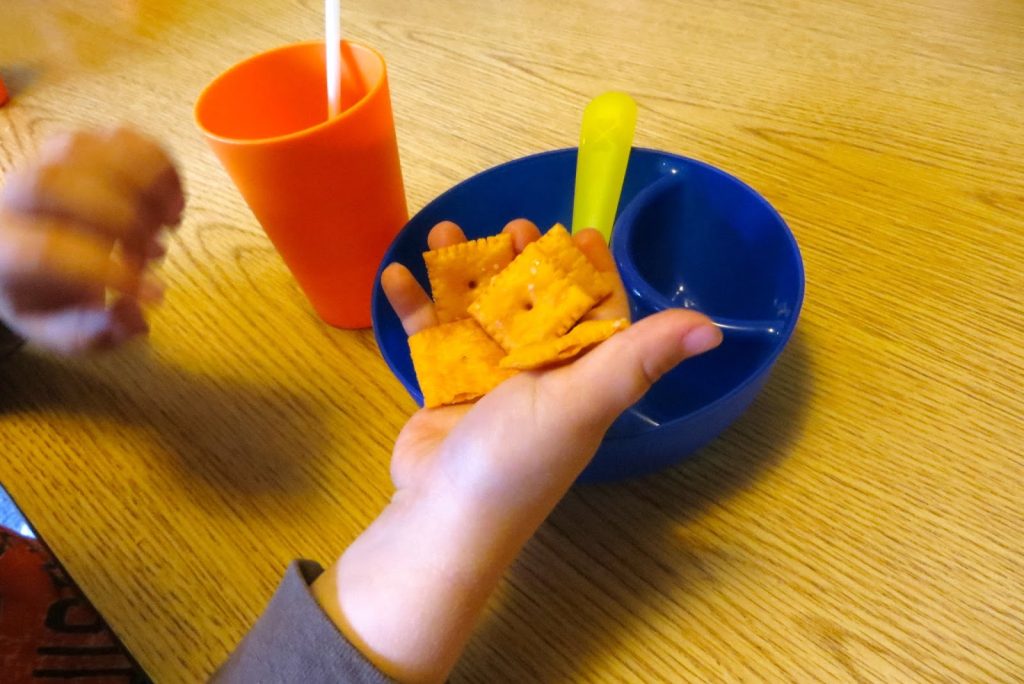
You don’t need worksheets—you just need curiosity, conversation, and time together.
Remember: Children learn best in safe, loving relationships. Whether your child has been in formal care or not, what matters most is that they feel safe, curious, and loved. You’ve got what it takes—and we’re here to help.
Visit elcnwf.org/powerup for more tools, ideas, and support to get your child ready for Kindergarten success!
Blog Post #4: Power Up for Kindergarten, Calhoun County!
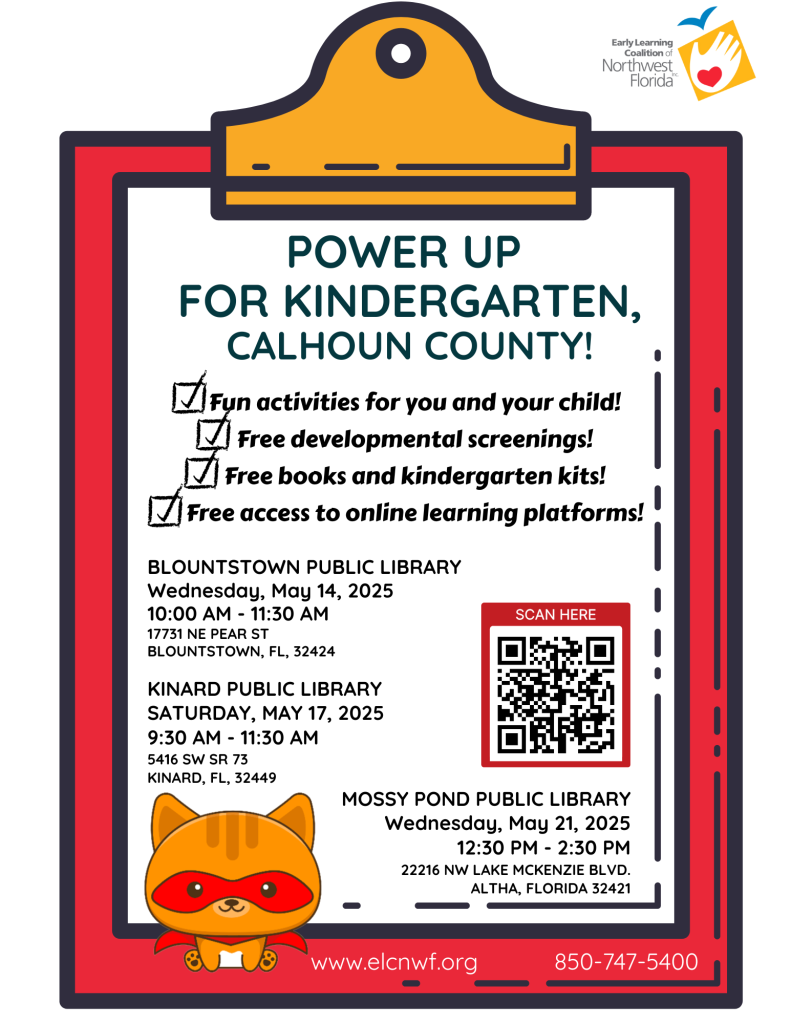
Power Up for Kindergarten in Calhoun County
Three FREE Events for Families of Rising Kindergartners
The countdown to kindergarten is on—and we’re bringing fun, hands-on learning to your local library. Families in Calhoun County are invited to three special Power Up for Kindergarten events this May to help prepare rising kindergarteners for a strong start in school.
Each event features interactive skill-building stations, early learning tips for families, and free Kindergarten Readiness Kits for participating children. Complimentary developmental screenings will be available, along with snacks and drinks for everyone.
Event Details:
Wednesday, May 14, 2025
10:00–11:30 a.m.
Calhoun County Public Library – Blountstown Branch
17731 NE Pear St, Blountstown, FL 32424
Saturday, May 17, 2025
9:30–11:30 a.m.
Kinard Public Library
5416 SW SR 73, Kinard, FL 32449
Wednesday, May 21, 2025
12:30–2:30 p.m.
Mossy Pond Public Library
22216 NW Lake McKenzie Blvd., Altha, FL 32421
These events are designed to spark confidence, curiosity, and excitement for school success.
Don’t miss this opportunity to power up for kindergarten—Calhoun County style.
Learn more at https://elcnwf.org/power-up-for-kindergarten
#PowerUpForKindergarten #ELCNWF #CalhounCountyFL #KindergartenReady #EarlyLearning #FamilyFun #KinardFL #MossyPond #Blountstown
Power Up! Blog Post #3

Welcome back to our Power Up for Kindergarten blog series—where each week we bring you easy, meaningful ways to help your child feel confident and excited about their kindergarten adventure!
10 Simple Things You Can Do at Home to Get Ready for Kindergarten
1. Practice a Morning Routine
Start a consistent routine: brushing teeth, getting dressed, eating breakfast, and packing a bag.
This helps build independence and prepares your child for the flow of a school day.
2. Learn Their Name
Write your child’s name in big letters. Let them trace it, use playdough to shape the letters, or write it in salt or sand.
This supports early writing and name recognition.
3. Talk About Stories
After reading a book together, ask questions like “What happened first?” or “What do you think will happen next?”
This builds comprehension and language skills.
4. Count Together
Count everyday objects like steps, snack items, or blocks.
This supports early math development and number sense.
5. Explore Colors and Shapes
Go on a color or shape hunt around your home or neighborhood.
This strengthens observation and sorting skills.
6. Play Follow the Leader
Take turns doing actions like jumping, clapping, or spinning.
This encourages listening, coordination, and following directions.
7. Sort Snacks or Toys
Sort by color, size, or type—like sorting fruit, cereal, or building blocks.
This supports early math and categorization.
8. Practice Asking for Help
Role-play common school situations like needing help opening a snack or asking to go to the bathroom.
This builds confidence and communication.
9. Make Cleaning Up Fun
Sing a song while cleaning up toys or books.
This encourages responsibility and makes transitions smoother.
10. Talk About Feelings
Use toys or drawings to talk about emotions. Ask what might help someone feel better or how they’re feeling today.
This builds emotional awareness and problem-solving.
Power Up for Kindergarten! Blog #2

Welcome back to our Power Up for Kindergarten blog series—where each week we bring you easy, meaningful ways to help your child feel confident and excited about their kindergarten adventure!
This week, we’re focusing on something just as important as ABCs and 123s: emotional readiness.
Teach Big Feelings, Little Words
Children entering kindergarten face a whole new world of routines, friendships, and challenges. Helping them name and manage their emotions is a big step toward school success.
Here’s how you can help your child build emotional muscles:
Name It to Tame It
Start labeling emotions when they happen. “You look frustrated—was that puzzle tricky?” This gives kids the vocabulary to express themselves without melting down.
Practice Calming Tools
Teach simple strategies like taking deep breaths, counting to five, or squeezing a stuffed animal. Try a “calm down corner” at home so they get used to having safe spaces for big feelings.
Talk About Friendship
Help your child practice how to say hello, ask to play, and take turns. These small social steps help build confidence for classroom connections.
Read Books About Emotions
Stories are powerful tools! Some of our favorites include The Color Monster by Anna Llenas and When Sophie Gets Angry—Really, Really Angry by Molly Bang. Reading together can spark great conversations.
Don’t Forget Your Kindergarten Kit!
We’re still distributing FREE “Get Ready for Kindergarten” kits packed with fun learning tools, stickers, books, and more. These are perfect for building both school skills and confidence.
To request a kit, email PowerUp@elcnwf!
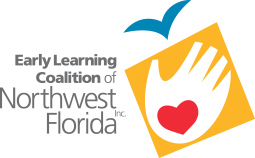
 Translate
Translate